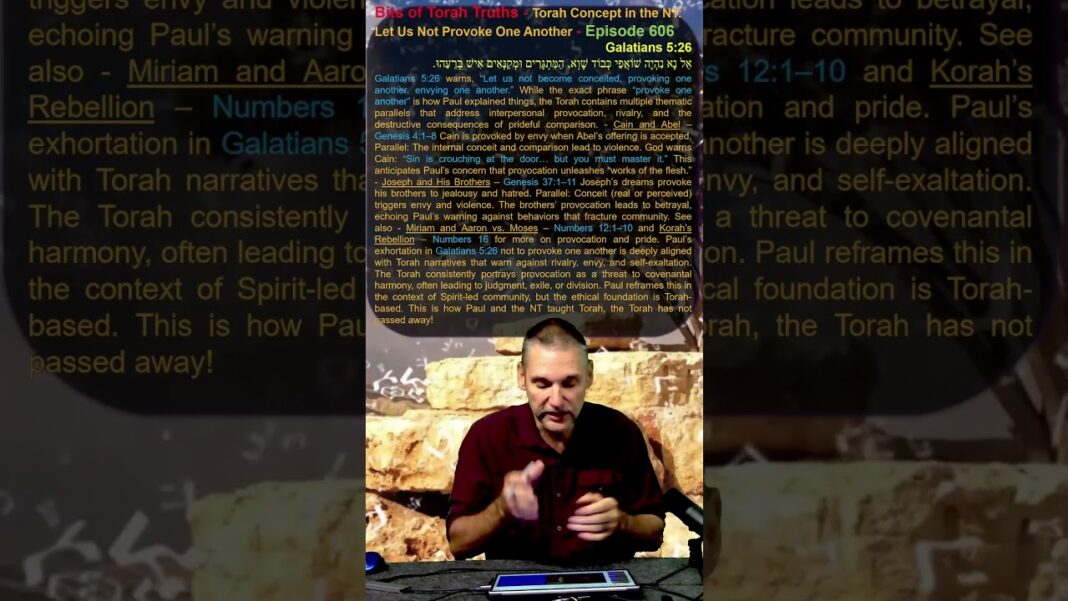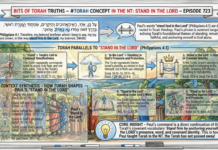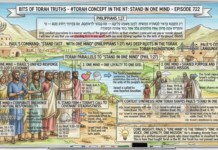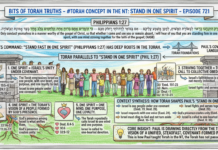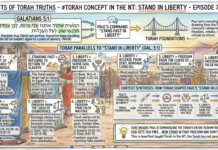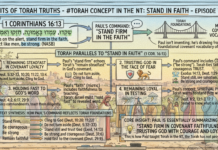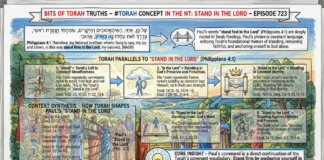Bits of Torah Truths – Torah Concept in the NT: Let Us Not Provoke One Another – Episode 606
Galatians 5:26
אַל נָא נִהְיֶה שׁוֹאֲפֵי כְּבוֹד שָׁוְא, הַמִּתְגָּרִים וּמְקַנְּאִים אִישׁ בְּרֵעֵהוּ.
#torah#torahwisdom#torahtruth#torahforlife#torah4you#torahtruth
Galatians 5:26
5:26 Let us not become boastful, challenging one another, envying one another. (NASB)
https://www.matsati.com/index.php/category/bits-of-torah-truths/
Galatians 5:26 warns, “Let us not become conceited, provoking one another, envying one another.” While the exact phrase “provoke one another” is how Paul explained things, the Torah contains multiple thematic parallels that address interpersonal provocation, rivalry, and the destructive consequences of prideful comparison. – Cain and Abel – Genesis 4:1–8 Cain is provoked by envy when Abel’s offering is accepted. Parallel: The internal conceit and comparison lead to violence. God warns Cain: “Sin is crouching at the door… but you must master it.” This anticipates Paul’s concern that provocation unleashes “works of the flesh.” – Joseph and His Brothers – Genesis 37:1–11 Joseph’s dreams provoke his brothers to jealousy and hatred. Parallel: Conceit (real or perceived) triggers envy and violence. The brothers’ provocation leads to betrayal, echoing Paul’s warning against behaviors that fracture community. See also – Miriam and Aaron vs. Moses – Numbers 12:1–10 and Korah’s Rebellion – Numbers 16 for more on provocation and pride. Paul’s exhortation in Galatians 5:26 not to provoke one another is deeply aligned with Torah narratives that warn against rivalry, envy, and self-exaltation. The Torah consistently portrays provocation as a threat to covenantal harmony, often leading to judgment, exile, or division. Paul reframes this in the context of Spirit-led community, but the ethical foundation is Torah-based. This is how Paul and the NT taught Torah, the Torah has not passed away!
